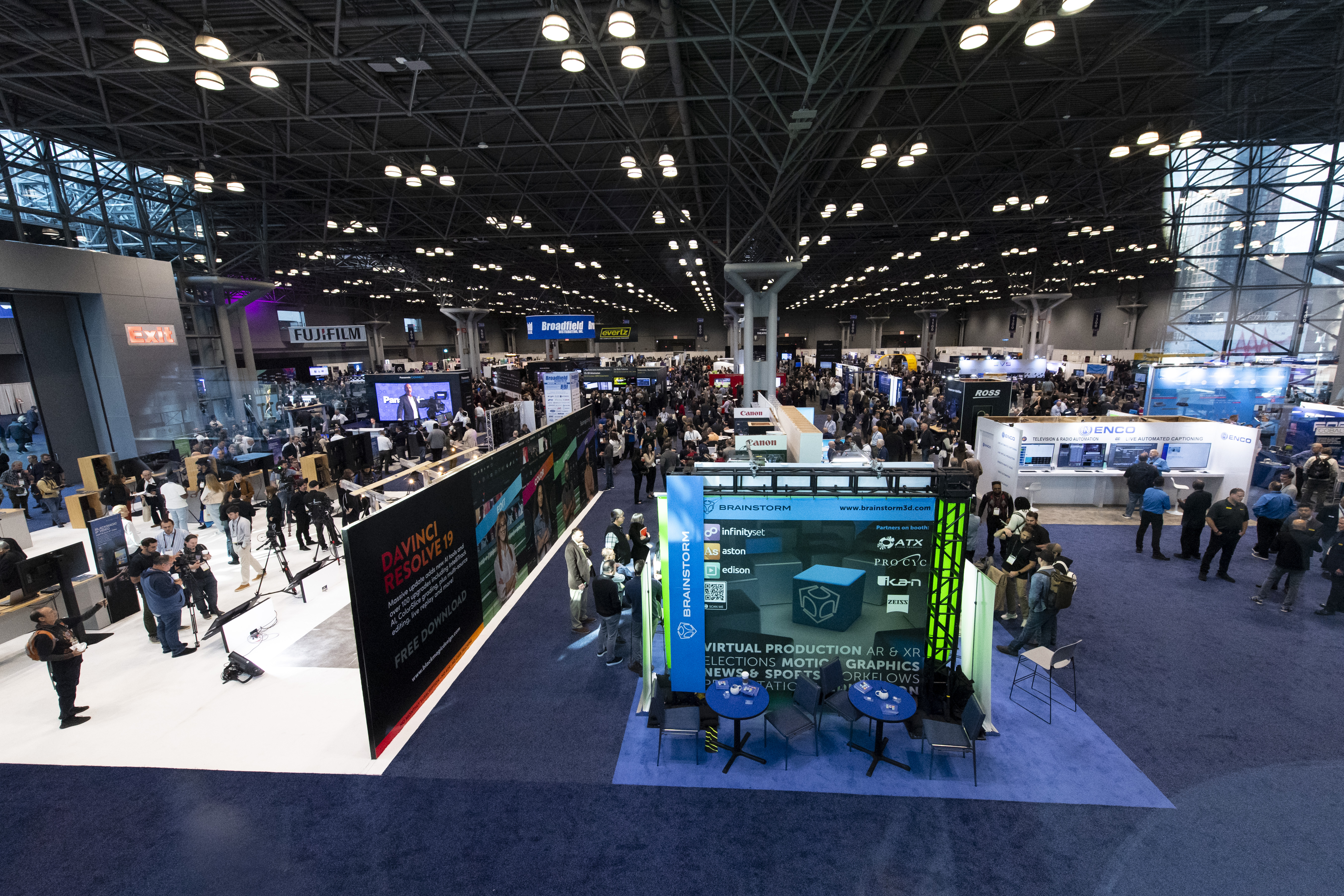Spectrum Hearing Illustrates Partisan Divide
WASHINGTON — One of the key concerns emerging over the planned 2014 TV spectrum incentive auction is who can participate. That’s not in terms of which broadcasters will or will not throw in their 6 MHz licenses, but rather how much spectrum AT&T and Verizon will be allowed to win.
“To promote competition, the law allows FCC to prevent spectrum aggregation,” Rep. Henry Waxman, (D-Calif.) said. “
Waxman suggested what he called “pro-consumer limitations” on bidding during a House subcommittee hearing on the auction held Tuesday.
Tennessee Republican Marsha Blackburn was having none of it.
“Gerrymandering the incentive auctions, particularly below 1 GHz, to give regulatory favor to some over others is illegal and threatens auction success, and puts all the work that we have done at risk,” she said.
Rep. John Shimkus (R-Ill.) got right to the heart of the GOP’s concerns. He asked if the auction would raise the $28.7 billion already allocated in the incentive auction bill, which funds a first-responder broadband network and broadcaster relocation subsidies, among other things. Epstein said he couldn’t predict whether the allocations would be covered, in which case the auction would be abandoned.
“The crux of the question—are you designing an auction only to provide minimum proceeds, or to reach the financial goals,” Shimkus pressed.
Epstein reiterated the four principals guiding the FCC in its design of the auction, one of them being the fiscal obligations set forth in the law. The other three include making spectrum available for mobile data usage; providing incentives for broadcasters who want to participate and protecting those who don’t; and promoting a “vibrant” mobile market.
Shimkus then asked, somewhat rhetorically, if the auction could “get there without AT&T?”
In turn, several Democrats brought up the market dominance AT&T and Verizon now hold.
“The two largest wireless carriers control 86 percent of beachfront spectrum below 1 GHz,” said Rep. Anna Eshoo, (D-Calif.)
Kathleen O’Brien Ham, vice president of regulatory affairs for T-Mobile, weighed in likewise.
“T-Mobile has also proposed a limit on the amount of low-band spectrum a carrier can hold,” she said. “We need reasonable spectrum aggregation limits… two carriers control more than 80 percent below 1 GHz, half of which they got for free from the government in the ’80s.”
Joan Marsh, vice president of regulatory affairs for AT&T, countered that her employee bought the majority of that spectrum on the secondary market and paid dearly for it.
Joining Ham and Marsh on the witness panel were Rick Kaplan of the National Association of Broadcasters, Gary Epstein of the Federal Communications Commission, Preston Padden representing a seller’s coalition, and Harold Feld of Public Knowledge. Waxman asked if the FCC should allow one winner to take all.
Ham said, “no.” Marsh said it wouldn’t happen. Padden, whose constituents would benefit from the most potential dollars, avoided an outright “yes” and instead deferred to market forces. Feld proposed a cheeky “No Piggies” rule by which the FCC could “adopt a total limit on the amount of spectrum, particularly low-band spectrum, a single company can hold.” Kaplan noted that the NAB hadn’t taken a position, “but I’ll say yes, one bidder should win.”
Dealing with a single licensee would be less complicated for broadcaster, but from a macro view, it makes little difference. The wireless industry already controls nearly 660 MHz of spectrum, more than twice that of the broadcast industry.
“In fact,” Kaplan said, “a wildly successful incentive auction will likely contribute less than 15 percent of new spectrum to wireless industry’s overall stockpile.”
Broadcasting pretty much got second billing to the “winner-take-all” debate, though allegiances further crystalized. Subcommittee Chairman Greg Walden (R-Ore.), a former broadcaster himself, opened the hearing by saying the FCC should consider the “ongoing need for translators as they consider repacking analysis.”
He said potential broadcast participants should be courted and not manipulated by the FCC, and pitched a question to both Epstein and Kaplan about changes the commission is making to OET-69, its methodology for calculating a TV station’s coverage area. (See “FCC Releases Channel Repack Analysis, Updated OET-69 Software.”)
Kaplan said the changes were “unlawful and unwise.”
Epstein said the commission was simply updating the input data; using the 2010 census rather than the 2000 census. He also said the original OET-69 software was not capable of handling the auction.
Kaplan said the changes to OET-69 have thus far yielded smaller coverage areas for several stations.
Walden also asked about the FCC’s April 5 freeze on station modifications: “Is commission considering analysis of pending station modifications?”
“We are analyzing stations,” Epstein said. “We’re concerned about a complicated process like the incentive auction, we don’t want to make decisions that will affect repacking later.”
Kaplan said the NAB has proposed moving forward on the incentive auction order components without the freeze. (See, “NAB Asks FCC to Lift Freeze.”)
Rep. John Dingell (D-Mich.) has long been a standard-bearer for broadcasting in the march toward the incentive auction, but to marginal avail. He was unsuccessful in extracting the FCC’s Allotment Optimization Model from former commission Chairman Julius Genachowski. The AOM was supposedly used to determine that 120 of the 300 MHz designated for broadcasting could be reassigned for broadband. Dingell was also unable to get Genachowski to produce a spectrum inventory.
During Tuesday’s hearing, he pressed Epstein for a commitment on international coordination. He asked if TV stations could be moved while negotiations with Canada and Mexico were still ongoing.
“We’re trying to provide as much certainty…,” Epstein began, with Dingell interrupting to say, “My people are not feeling very much certainty.”
“I would urge the commission in its final order, not to reallocate stations until negotiations are done,” he said.
The professional video industry's #1 source for news, trends and product and tech information. Sign up below.
